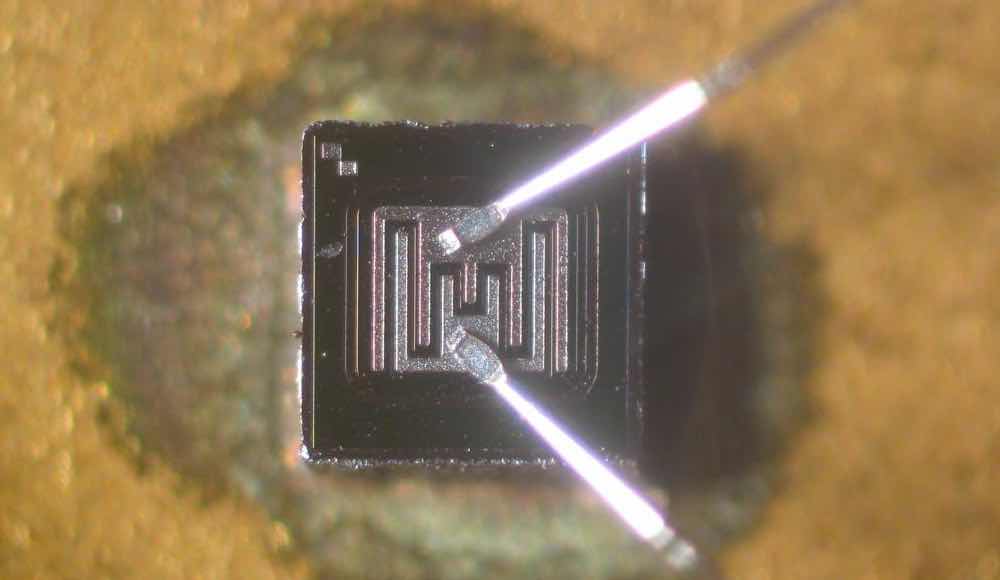Engineers at the University of California, Berkeley have managed to achieve a breakthrough in energy-efficient computing by demonstrating for the very first time that magnetic chips can operate at the lowest fundamental level of energy dissipation that is possible as dictated by the law of thermodynamics.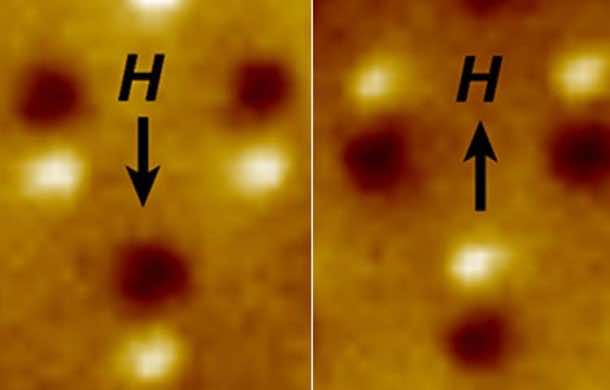
The findings have been published in the peer-reviewed journal, Science Advances and imply that drastic reductions in power consumption can be achieved – about one-millionth the amount of energy per operation that is consumed by transistors in today’s computers.
This can mean a huge thing for mobile devices where powerful processors have reduced the battery time. When it comes to large scale computing, this can be a game changer for cloud data centers that are increasing in numbers and consume an increasing share of the electrical grid.
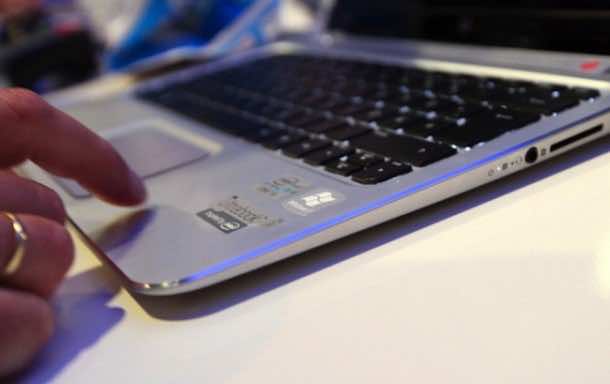
Senior author Jeffrey Bokor, a UC Berkeley professor of electrical engineering and computer sciences and a faculty scientists at the Lawrence Berkeley National Laboratory said, “We wanted to know how small we could shrink the amount of energy needed for computing. The biggest challenge in designing computers and, in fact, all our electronics today is reducing their energy consumption.”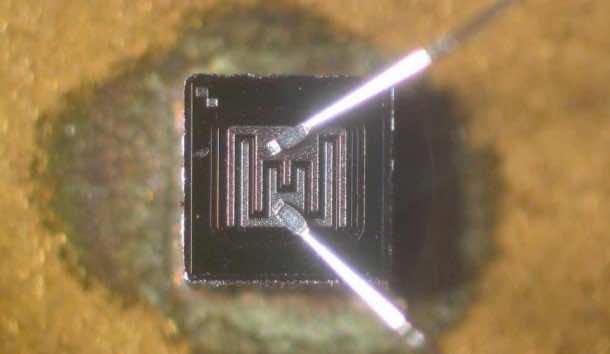
This focus on reducing the energy consumption is a recent shift in chip manufacturing that was previously geared towards increasing the number and power of transistors that could fit onto a chip. According to Bokor, by making the transistors go faster, the energy consumption was going above the roof to the point where the chips would just melt after becoming super-hot.
The conventional transistors rely upon electrons’ movement for switching between 0s and 1s. Owing to electrical resistance, quite a critical amount of energy is required for ensuring that the signal between two states is distinguishable and this leads to generation of excess heat.
A promising candidate surfaced up in the form of magnetic computing where the magnetic bits can be differentiated by virtue of their direction and it requires the same amount of energy for getting the magnet to point left or to point right. Bokor said, “These are two equal energy states, so we don’t throw energy away creating a high and low energy.” He teamed up with UC Berkeley postdoctoral researcher Jeongmin Hong along with UC Berkeley graduate student Brian Lambson and Scott Dhuey at the Berkeley Lab’s Molecular Foundry.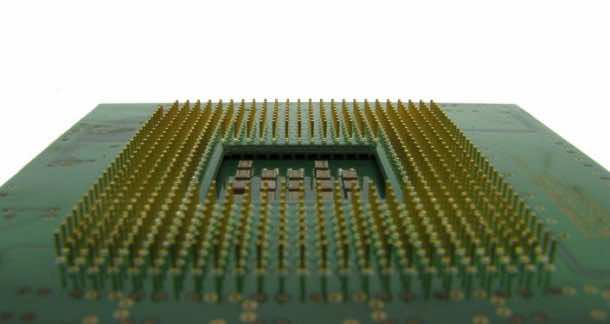
The team finally determined that it took only 15 milli-electron volts of energy for flipping a magnetic bit at room temperature. This is the equivalent of 3 zeptojoules and thus, this experiment successfully demonstrated the Landauer limit.
The authors have stated in the paper, “the significance of this result is that today’s computers are far from the fundamental limit and that future dramatic reductions in power consumption are possible.”

